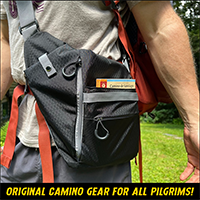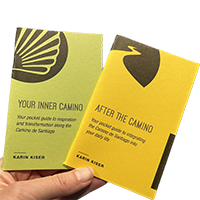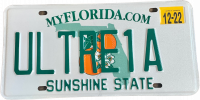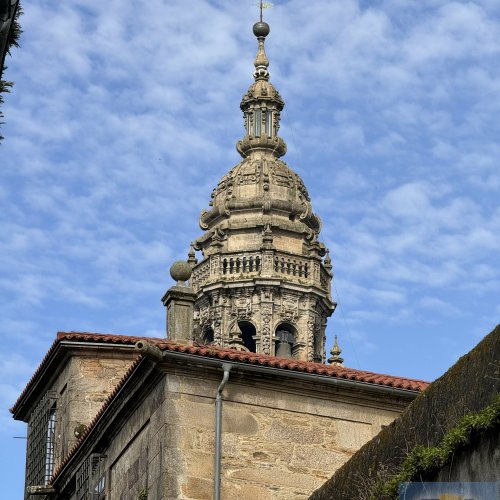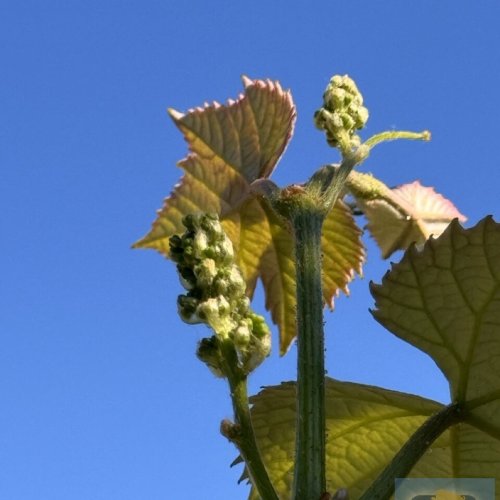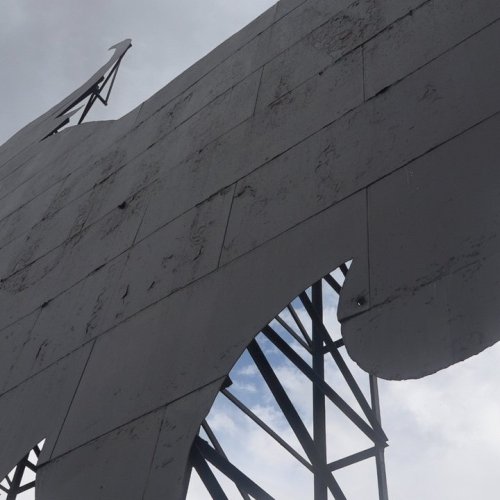aswansonsr
New Member
- Time of past OR future Camino
- Completed CF Sept, 2022
Perhaps one of the most common activities among all pilgrims is greeting other peregrinos and locals along the way. Equally common, and almost second nature, we offer a "Buen Camino" and receive a "Buen Camino" in return. One morning, I heard a local older gentleman, walking with his mature son, (a nifty aspect of Spanish culture), reply back with "Egualmente", which I take to translate as "Likewise."
What are unique replies to "Buen Camino" which you can share with the forum? How do you put your personal twist on this interaction?
In the monastery at Zabaldika, I learned the most traditional greeting is "Ultreia", Latin for "Forward". The traditional response from those returning from Santiago de Compostela is "Y sus eia" - "And higher to God." This summer on the Camino Frances, I greeted many with "Ultreia". I never received a "Y sus eia." response.
Anyone feel free to correct spelling or translation.
What are unique replies to "Buen Camino" which you can share with the forum? How do you put your personal twist on this interaction?
In the monastery at Zabaldika, I learned the most traditional greeting is "Ultreia", Latin for "Forward". The traditional response from those returning from Santiago de Compostela is "Y sus eia" - "And higher to God." This summer on the Camino Frances, I greeted many with "Ultreia". I never received a "Y sus eia." response.
Anyone feel free to correct spelling or translation.


